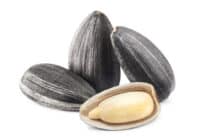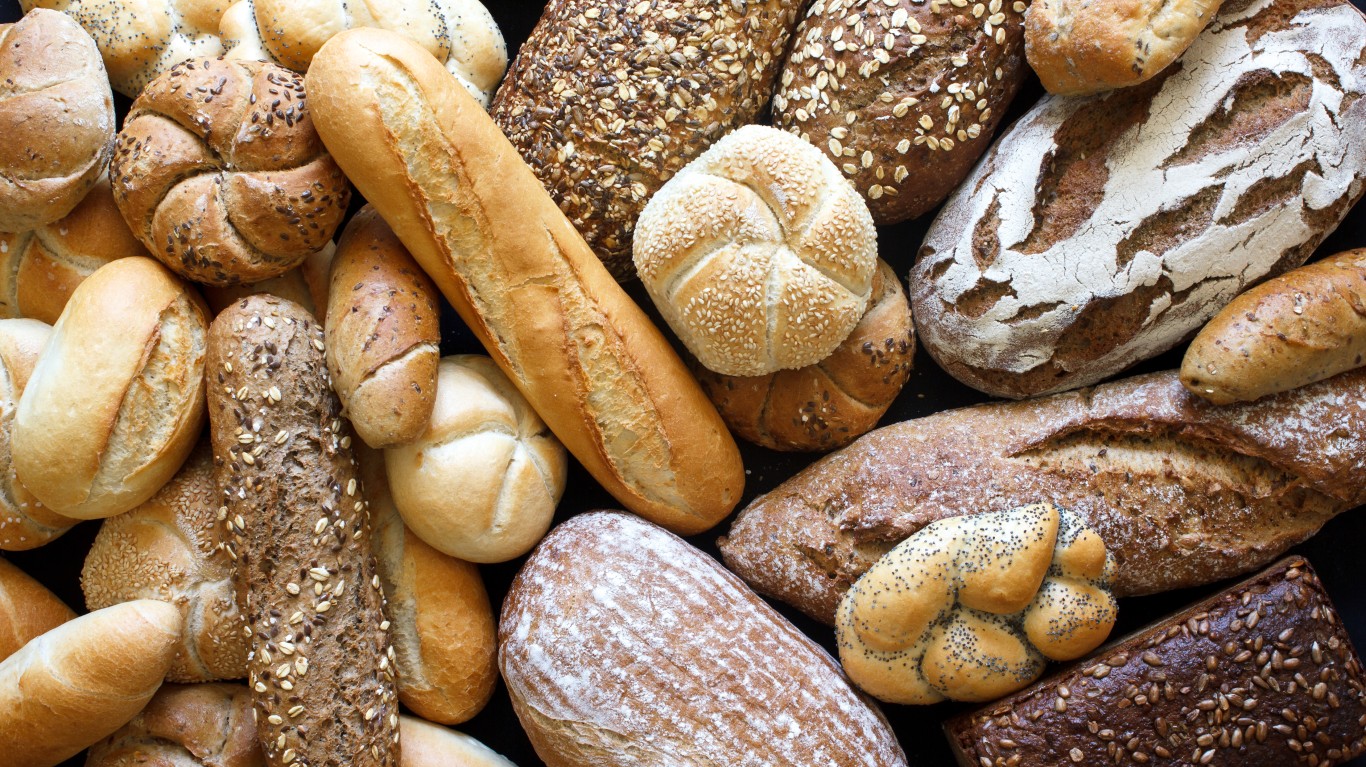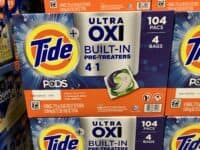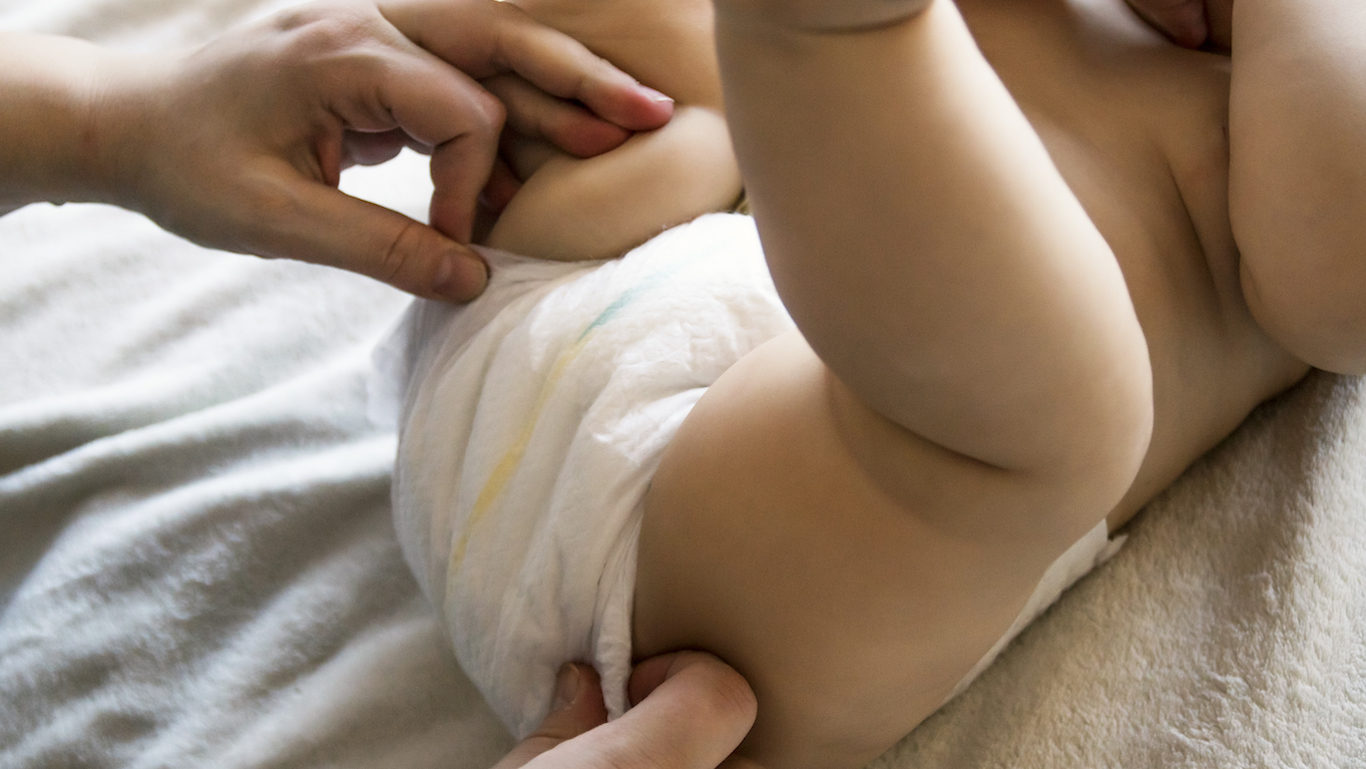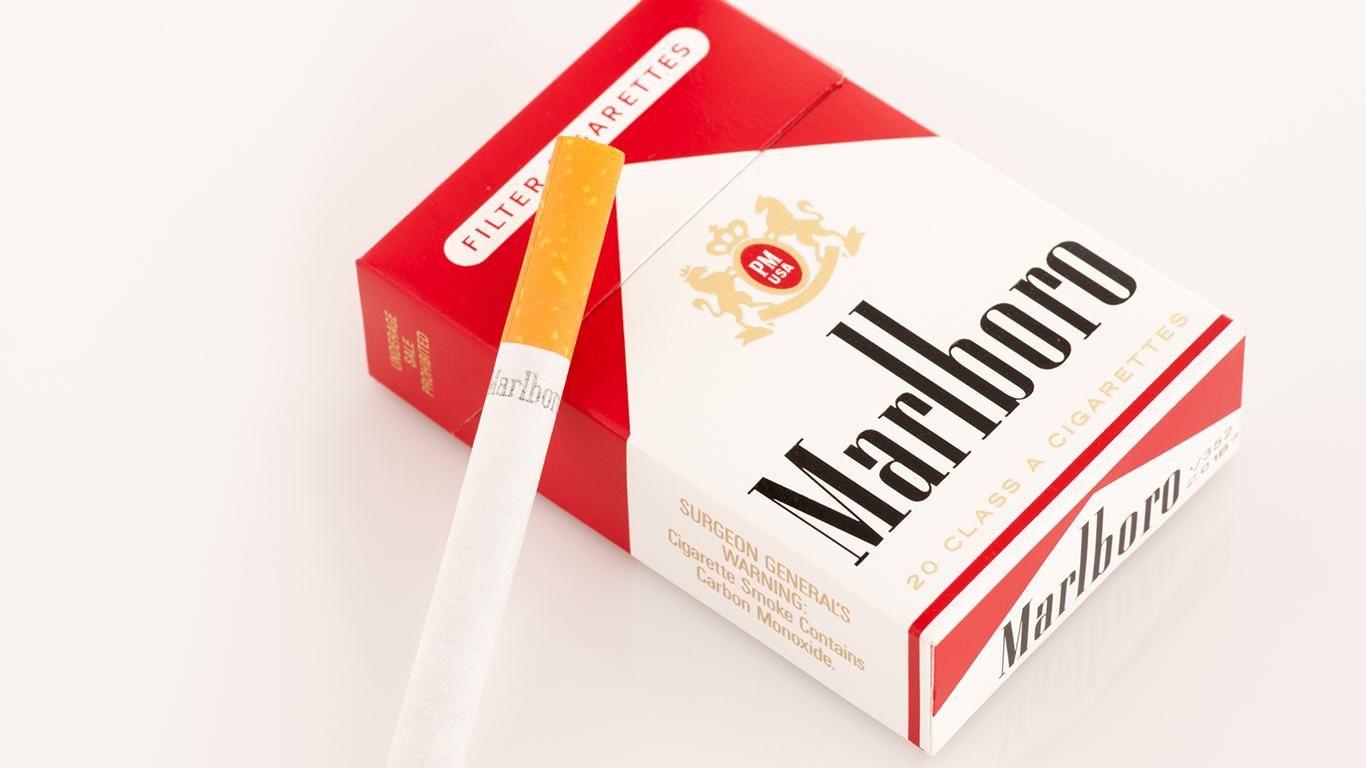

Philip Morris International Inc. (NYSE: PM) reported first-quarter 2020 results before markets opened on Tuesday. The tobacco products firm posted adjusted diluted earnings per share (EPS) of $1.21 on revenue of $7.15 billion. In the same period a year ago, the company reported EPS of $0.98 on $6.75 billion in revenues. Reported revenue is net of excise taxes. Consensus estimates called for EPS of $1.13 and revenue of $6.82 billion.
The company has withdrawn its fiscal year 2020 guidance calling for EPS of at least $5.50 per share and replacing it with a forecast for the second quarter of the year. The company said that it believes the negative impact of the COVID-19 pandemic is temporary, “mainly subject to the duration of government lock-downs and the subsequent timing of recovery.”
For the second quarter, Philip Morris is forecasting EPS of $1.00 to $1.10, including an unfavorable currency exchange impact of about $0.12 per share. The company also lowered its estimated capital spending for the year from a previous forecast of $1 billion to a new level of $800 million. Analysts had a consensus estimate for adjusted EPS of $1.40 on sales of $7.56 billion for the quarter and full-year estimates for $5.28 in EPS and $29.68 billion in sales.
Global cigarette sales fell by 4.4% year over year in the quarter, with the biggest drop occurring in Latin America and Canada. Global sales of the company’s IQOS heated tobacco products rose by 45.5%. Combined, total sales were down 1.2% year over year.
CEO André Calantzopoulos commented:
We expect that the pandemic will have adverse impacts on our full-year 2020 business results. Those already observable relate to a severe reduction of our duty-free sales, slower IQOS user acquisition and delayed minimum price enforcement in Indonesia. We also have to assume that, in certain markets, unemployment and related reductions in disposable income will have a temporary impact on market dynamics or the ability of certain small retailers to operate.
Philip Morris declared its regular quarterly dividend of $1.17 per share ($4.68 annualized). Dividend payments have totaled $3.6 billion for the year to date. The company said it had “ample” liquidity thanks to its cash generation and access to commercial paper. As of March 31, the company had about $3.7 billion of cash and cash equivalents, $1.1 billion of commercial paper, with an average term of approximately 30 days, and $7.5 billion in standby revolving credit facilities.
On March 30, the company submitted a product application to the U.S. Food and Drug Administration (FDA) for its IQOS 3 heat-not-burn device. Philip Morris expects the rate of new user acquisition of already approved devices to be around 50% lower than anticipated for as long as government restrictions are in place, with variation depending on the level of restrictions by market.
The company’s second-quarter EPS forecast is lower than the current Wall Street estimate, and that weighed slightly on the stock in Tuesday’s premarket. The 6% dividend yield offers a counterweight.
Shares traded down about 1.7%, at $75.50 in a 52-week range of $56.01 to $90.17. The consensus 12-month price target on the stock is $85.07.
Sponsored: Find a Qualified Financial Advisor
Finding a qualified financial advisor doesn’t have to be hard. SmartAsset’s free tool matches you with up to 3 fiduciary financial advisors in your area in 5 minutes. Each advisor has been vetted by SmartAsset and is held to a fiduciary standard to act in your best interests. If you’re ready to be matched with local advisors that can help you achieve your financial goals, get started now.
Thank you for reading! Have some feedback for us?
Contact the 24/7 Wall St. editorial team.
